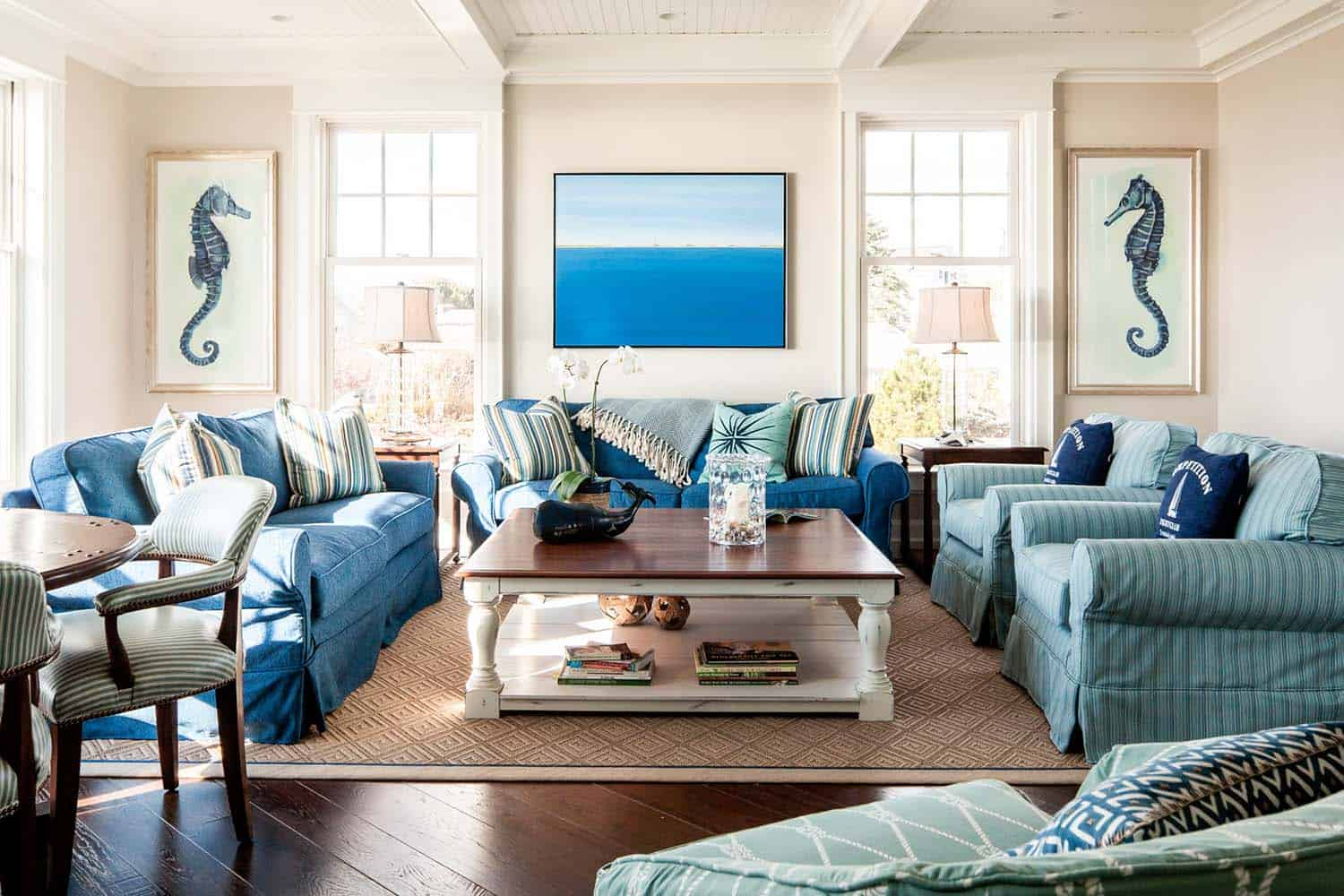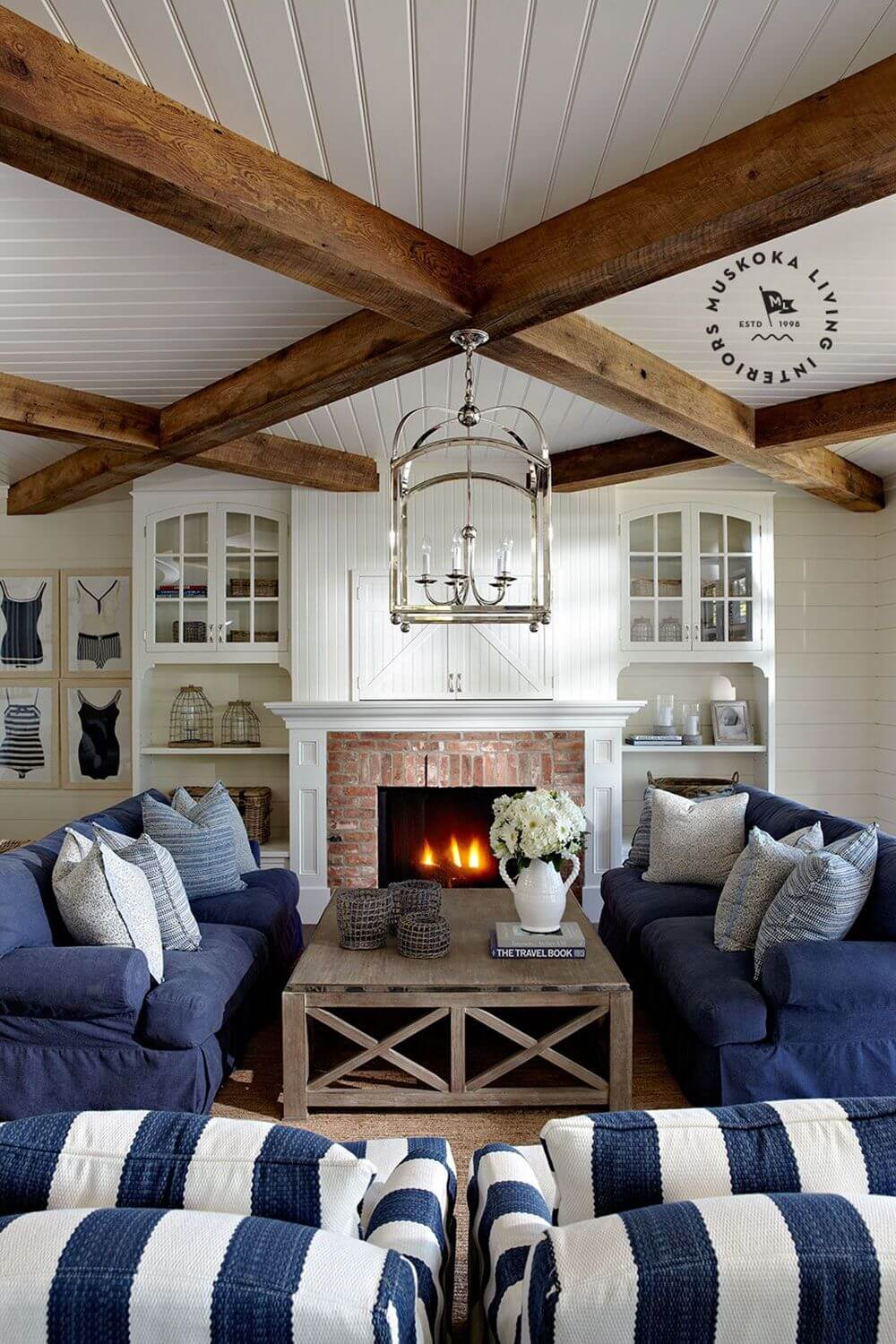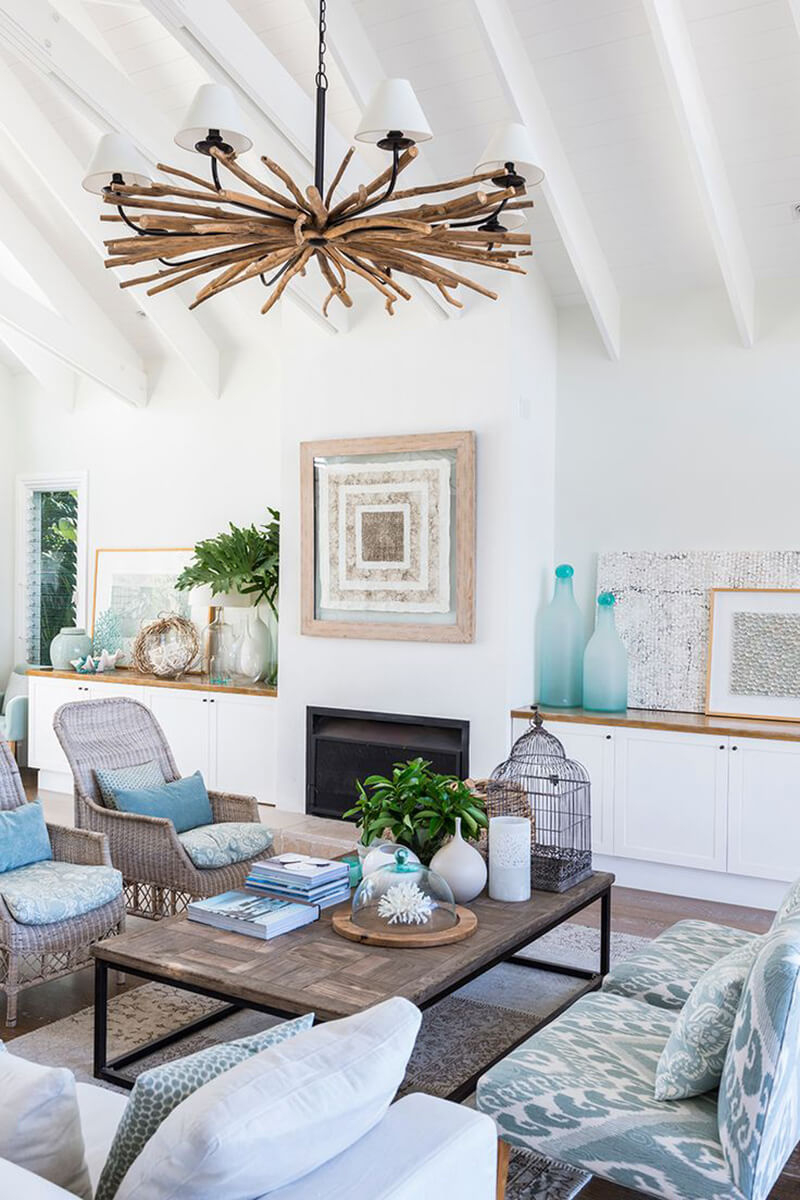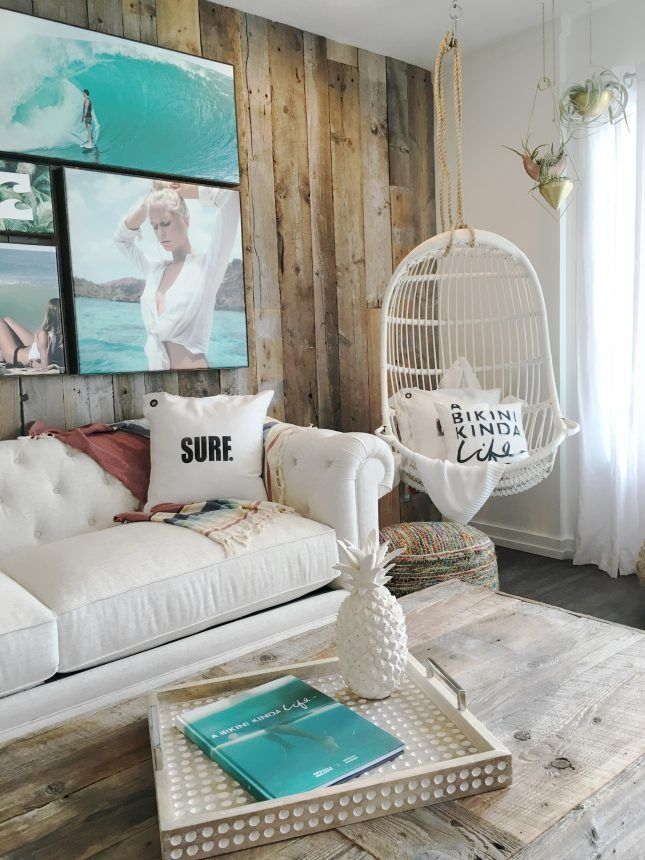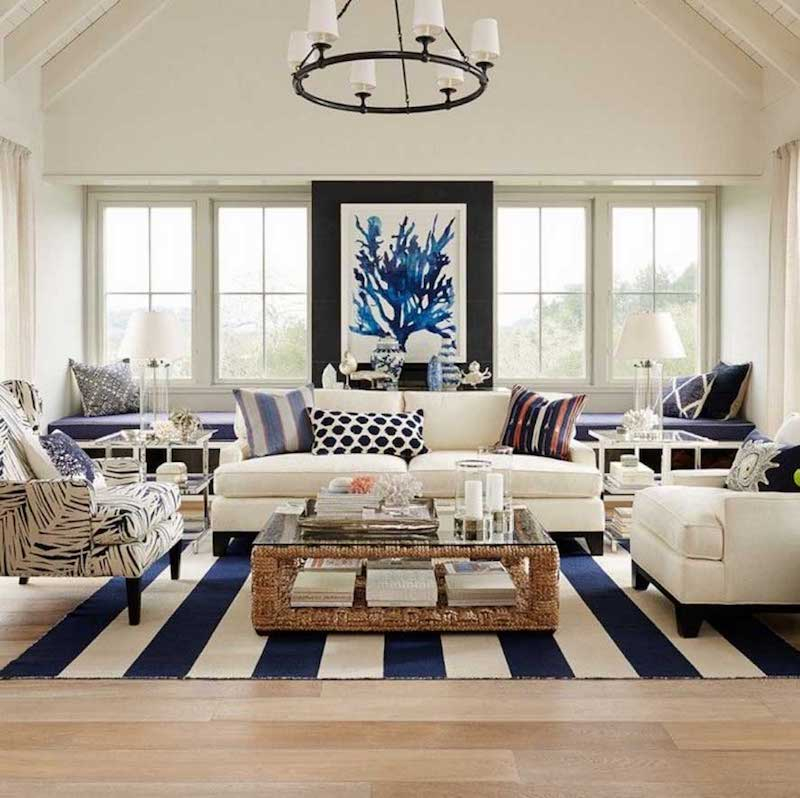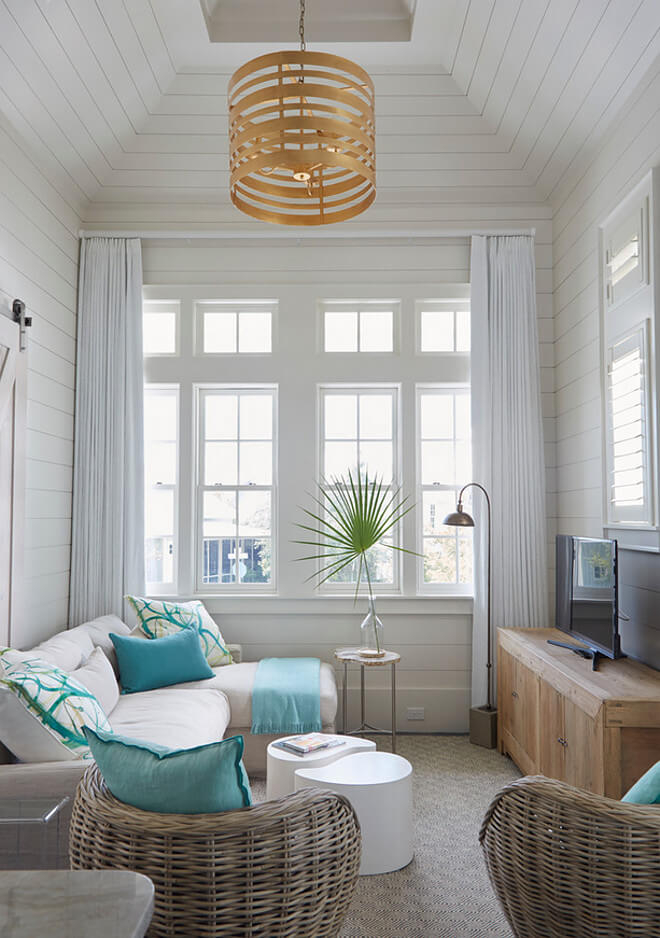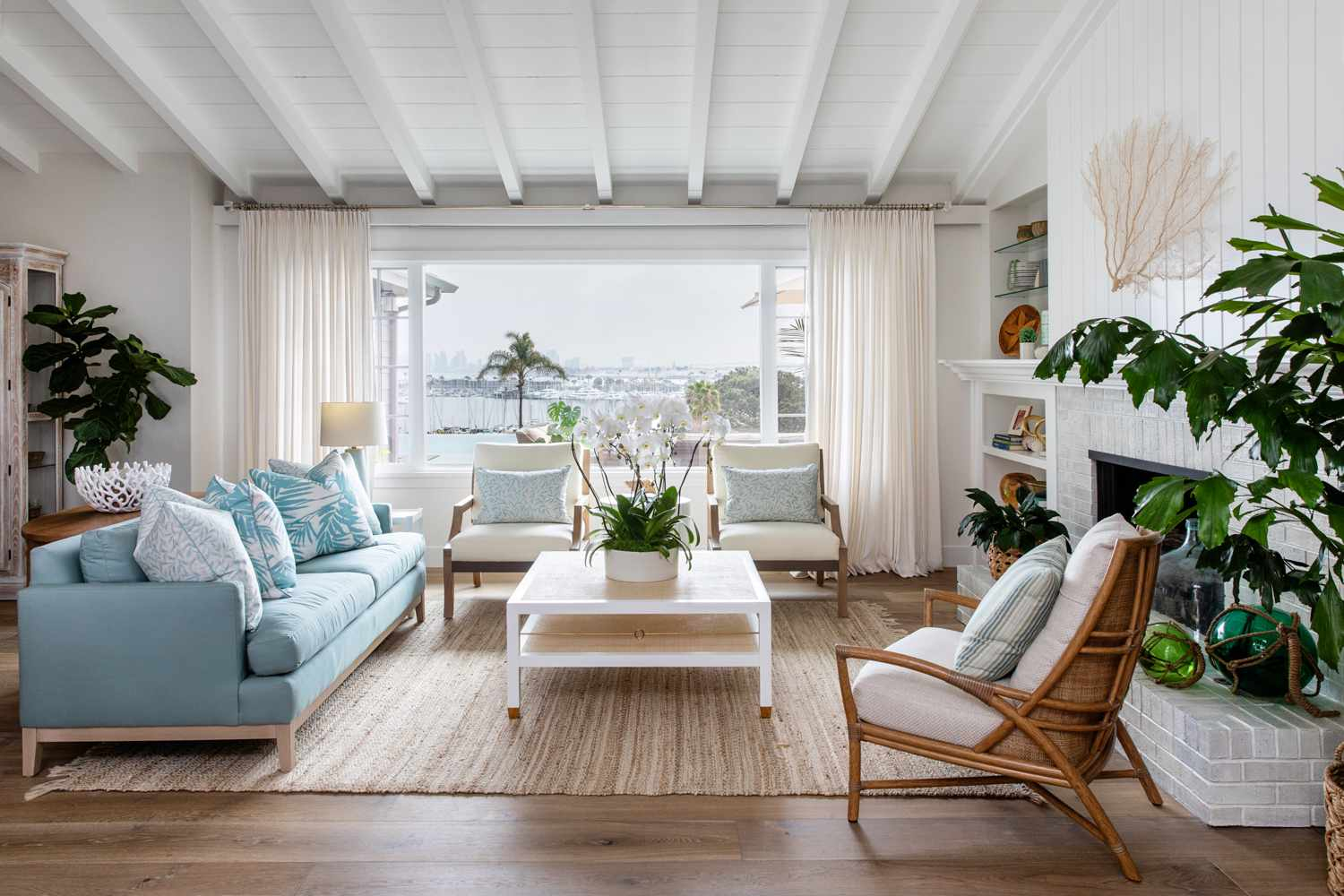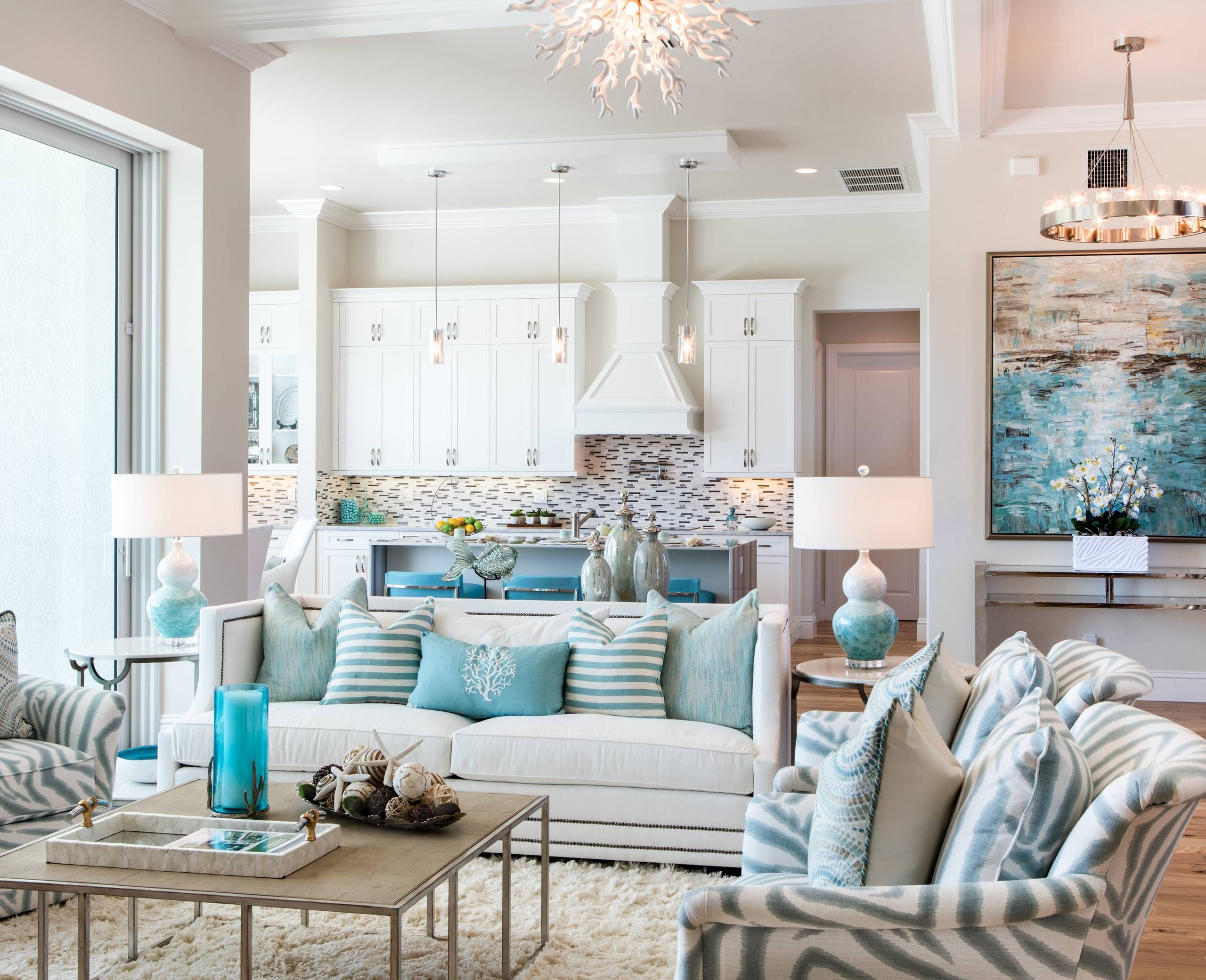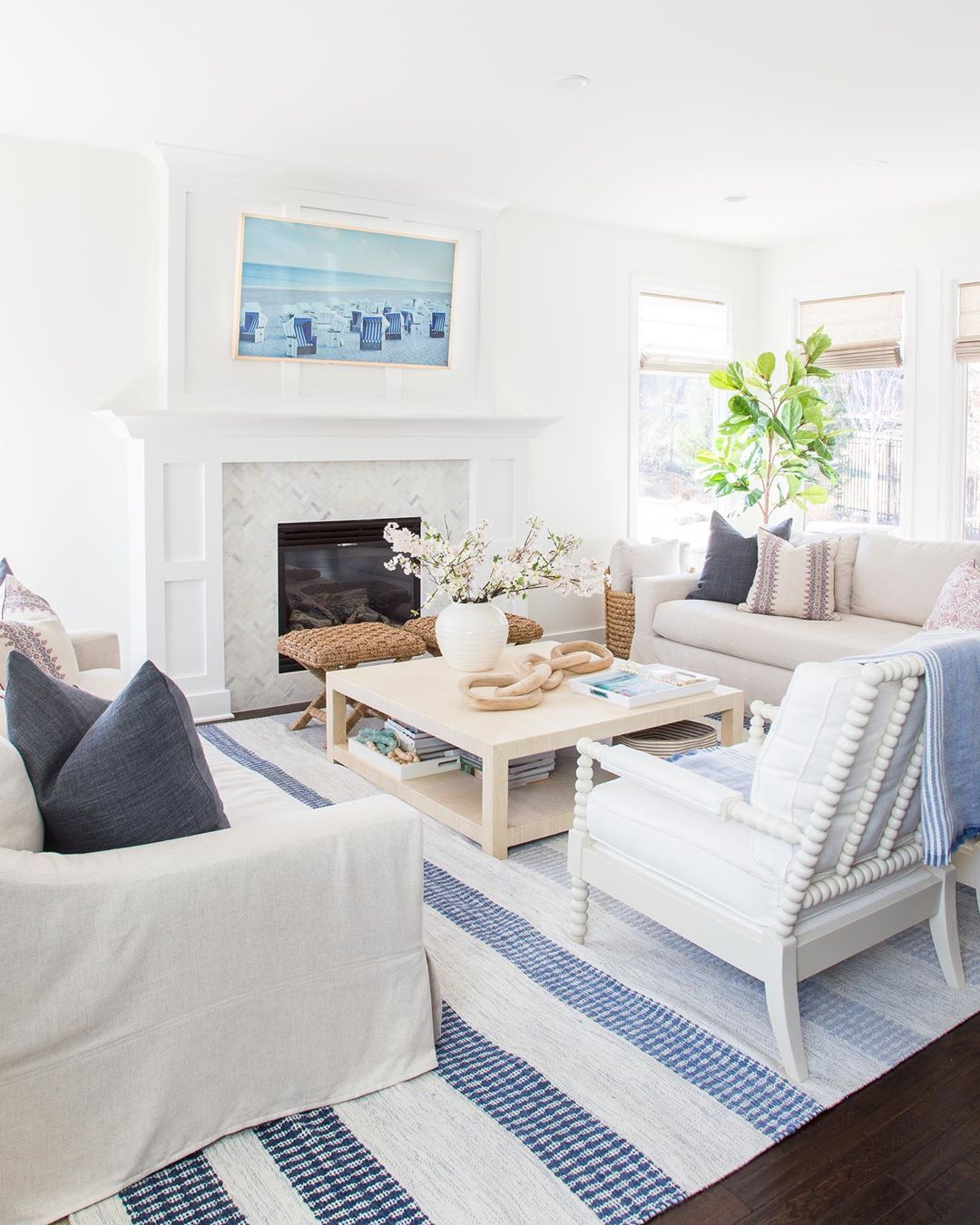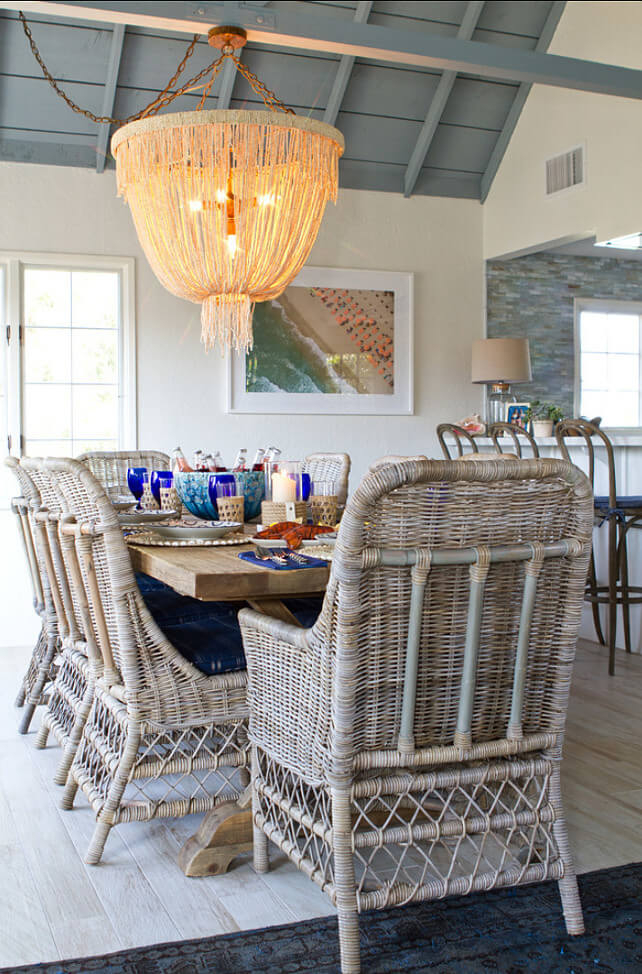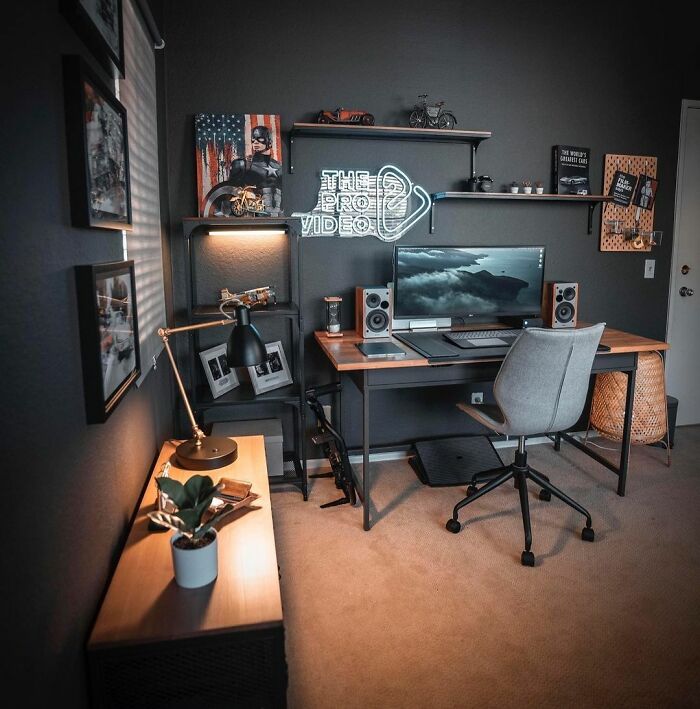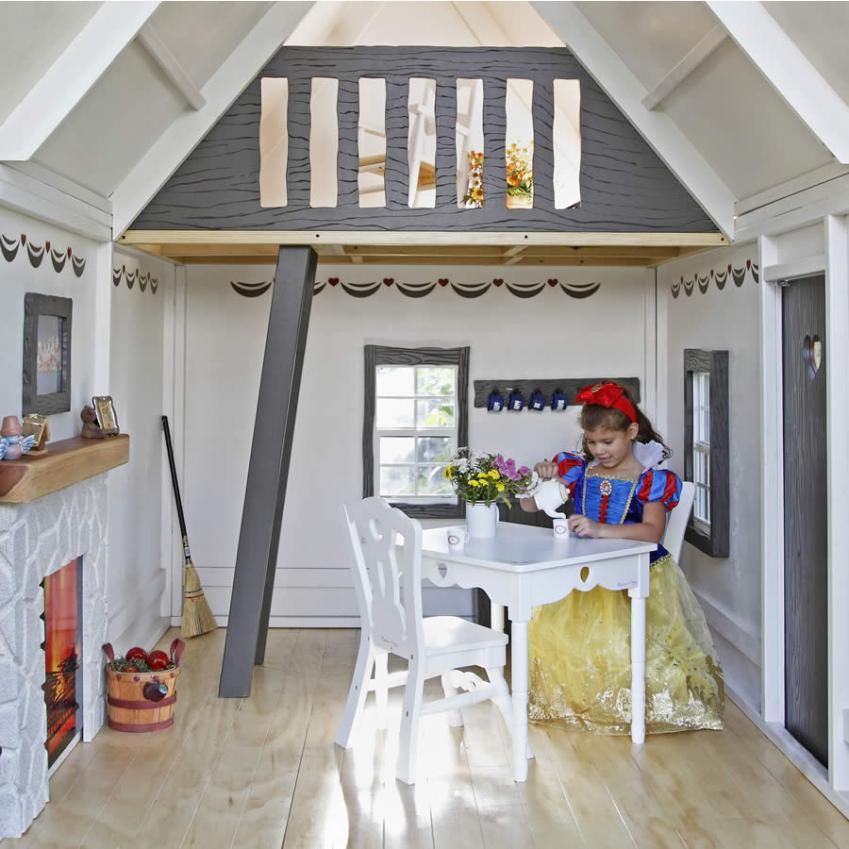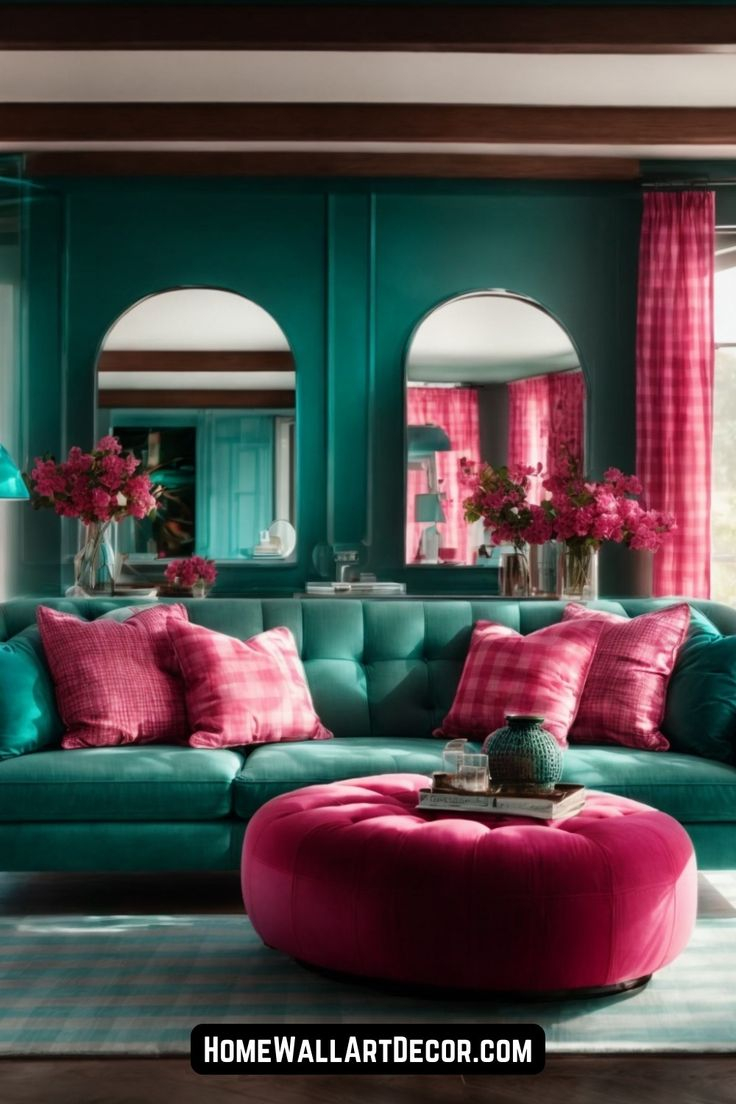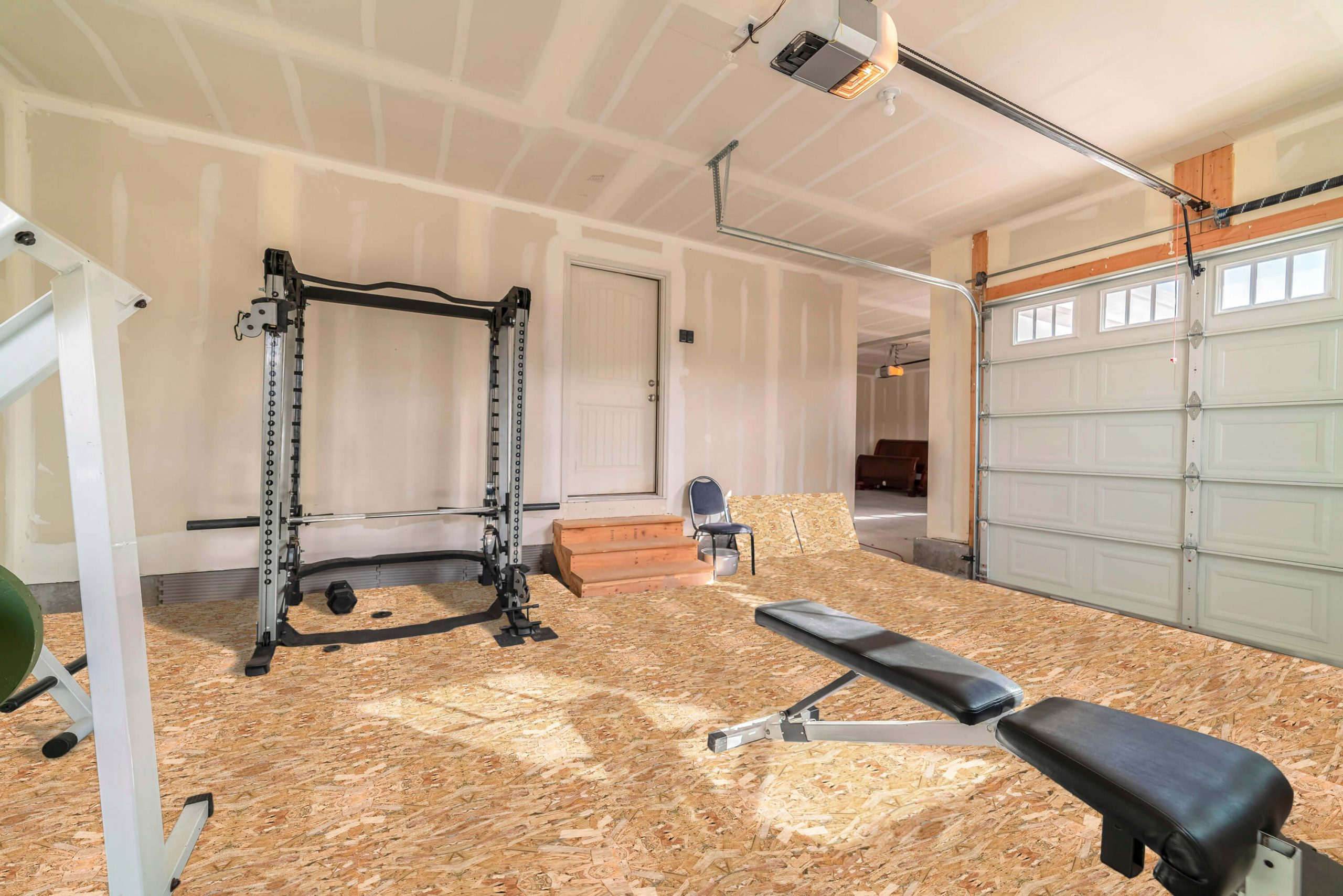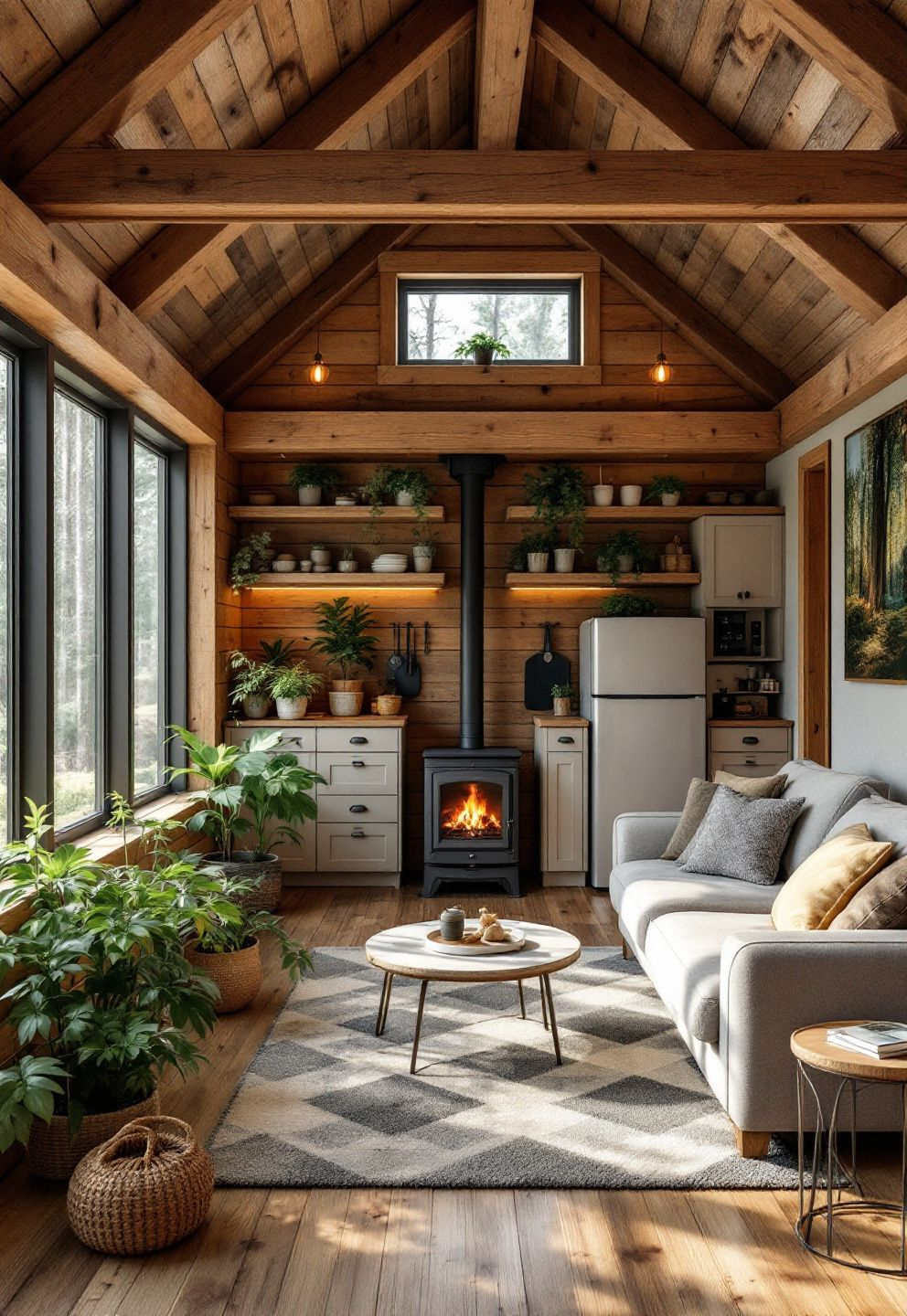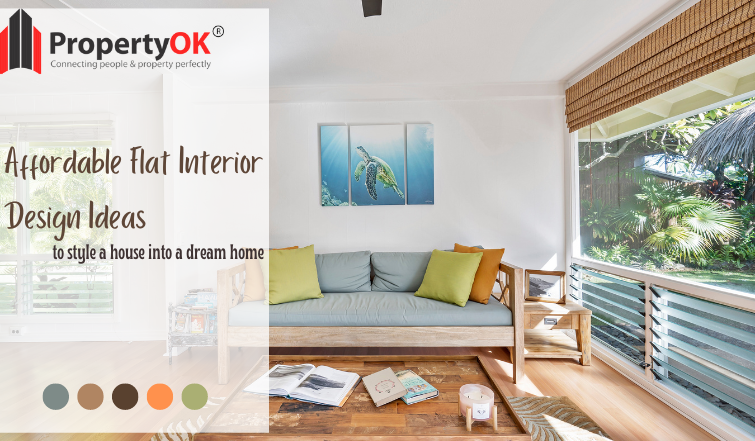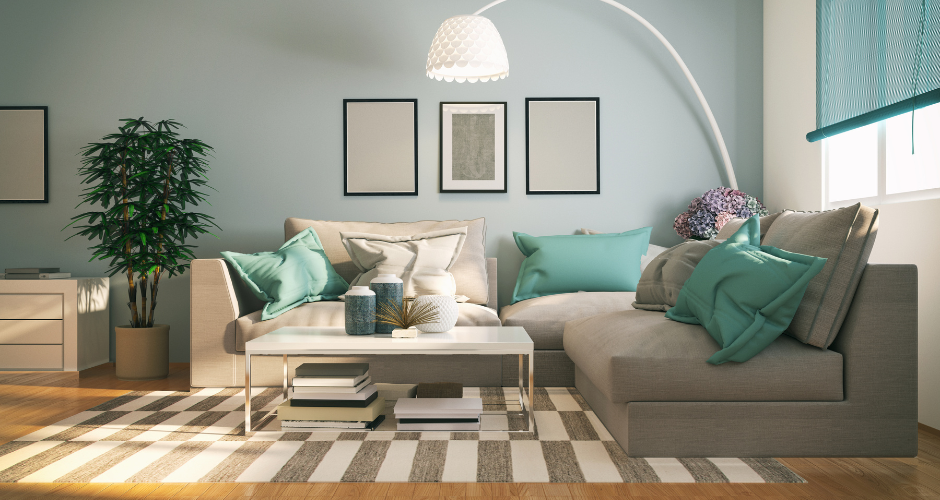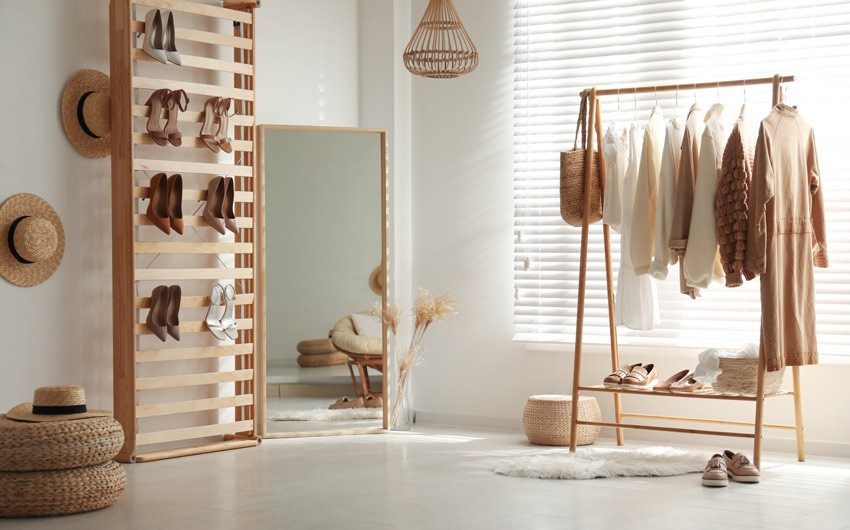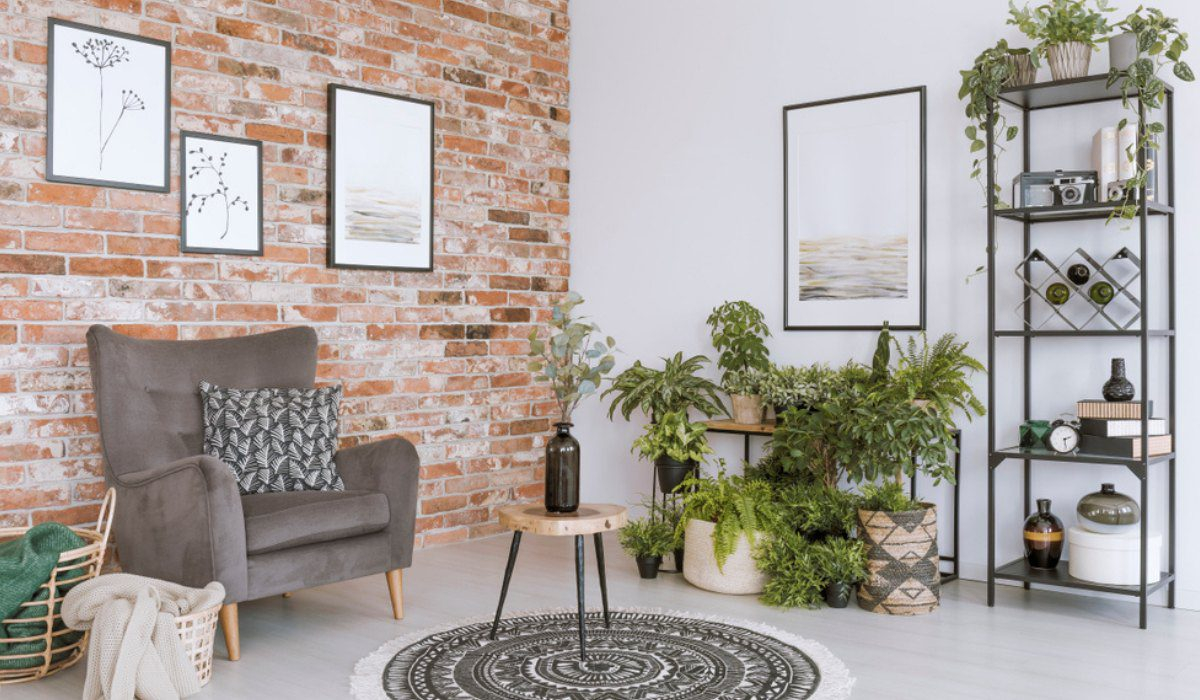Ever dreamt of waking up to the gentle sound of waves and the salty kiss of the sea breeze? While we can’t all live directly on the shore, we can certainly bring that tranquil, sun-kissed feeling into our own homes through beach interior design. It’s more than just blue paint and seashells; it’s about capturing a feeling – one of relaxation, openness, and effortless style. Let’s dive into how you can transform your space into a coastal haven.
Beach interior design is all about evoking the serene and refreshing atmosphere of the seaside. Think light, airy spaces, natural textures, and a color palette inspired by the ocean, sand, and sky. It’s a style that promotes calm and comfort, making your home a true sanctuary. But how do you achieve that perfect balance without feeling like you’re living in a themed resort? It’s simpler than you might think. We’ll explore the key elements that define this beloved design aesthetic and offer practical tips to implement them in your own abode.
The Color Palette: Hues of the Horizon
The foundation of any great beach design lies in its color scheme. Imagine the soft pastels of a sunrise over the water, the crisp white of seafoam, the warm beige of sand, and the deep blues of the ocean. These are your go-to shades. Start with a neutral base – think off-whites, creams, or light grays – to keep the space feeling open and bright. Then, layer in your coastal colors through accents. A soft aqua throw pillow, a sandy beige rug, or a subtle coral piece can add personality without overwhelming the room. Don’t be afraid of natural wood tones either; they bring a grounding, organic feel. It’s about creating a harmonious blend that mirrors the natural world outside.
Natural Materials: Bringing the Outdoors In
One of the most crucial aspects of beach interior design is the incorporation of natural materials. This is where you really connect your home with the essence of the coast. Think about materials like:
- Rattan and Wicker: Perfect for furniture like accent chairs, ottomans, or even lighting fixtures. They add texture and a touch of bohemian charm.
- Driftwood: Whether used in decorative pieces, tabletops, or even wall art, its weathered texture tells a story and adds authentic coastal character.
- Seagrass and Jute: Excellent for rugs and baskets, these natural fibers bring warmth and a tactile element to the floor.
- Cotton and Linen: These breathable fabrics are ideal for upholstery, curtains, and bedding, contributing to that light and airy feel.
These materials not only look the part but also contribute to a relaxed and grounded atmosphere. They feel good to the touch and add visual interest.
Furniture with a Relaxed Vibe
When it comes to furniture, the key is comfort and a laid-back feel. Opt for pieces that are inviting and unpretentious. Comfortable, overstuffed sofas in light-colored, durable fabrics are a staple. Think slipcovered furniture for an easy-breezy, washable option – perfect for sandy feet. Wooden furniture, especially pieces with a slightly distressed or weathered finish, fits beautifully. Wicker or rattan chairs can add a touch of casual elegance. Arrange your furniture to encourage conversation and relaxation, perhaps facing a window with a view or a cozy seating area. The goal is for your furniture to feel less like formal arrangements and more like invitations to unwind.
Accessorize Thoughtfully: The Details Matter
Accessories are where you can really infuse personality and tell your coastal story. But remember, less is often more. Overdoing it can make a space feel cluttered and kitschy. Instead, focus on curated pieces that have meaning or evoke the sea:
- Seashells and Coral: Display them in bowls, on shelves, or incorporate them into artwork.
- Nautical Elements: Subtle nods like rope accents, driftwood sculptures, or even a well-placed anchor can work, but use them sparingly.
- Ocean-Inspired Art: Paintings or photographs of seascapes, beaches, or marine life are perfect.
- Glassware: Transparent or sea-toned glass vases and bottles can catch the light beautifully.
- Mirrors: Strategically placed mirrors can reflect light and enhance the feeling of spaciousness, much like the surface of the water.
Think about textures too – smooth glass, rough driftwood, soft fabrics. It’s the interplay of these elements that creates depth and interest.
Lighting: Capturing Natural Radiance
Good lighting is paramount in beach interior design, as it mimics the natural light of the coast. Maximize natural light by using sheer curtains or keeping windows unobstructed. For artificial lighting, think warm and diffused. Pendant lights made of natural materials like woven seagrass or capiz shells can be stunning. Table lamps with ceramic or distressed wood bases and linen shades add a soft glow. Consider using dimmer switches to control the mood. You want your home to feel bright and inviting during the day and cozy and serene in the evening, much like the transition from day to night at the beach.
Creating Flow and Openness
Beach design thrives on a sense of openness and flow. This means avoiding heavy, bulky furniture that can block sightlines. Keep your layout flexible and airy. Use lighter colors on walls and ceilings to make spaces feel larger. Incorporate elements that draw the eye through the room, perhaps towards a window or a well-styled vignette. Consider using natural fibers for window treatments that allow light to filter through. The overall aim is to create a breathable, uncrowded environment that encourages movement and relaxation, making you feel as though you can move freely, just like the tide.
Achieving a beautiful beach interior design isn’t about following rigid rules; it’s about capturing a feeling of peace, comfort, and connection to nature. By focusing on a serene color palette, incorporating natural materials, choosing relaxed furnishings, and accessorizing with thoughtful touches, you can transform your home into a stylish and inviting coastal retreat. It’s a style that’s timeless, adaptable, and most importantly, brings a sense of calm and happiness to your everyday life. So go ahead, embrace the coastal lifestyle and create a space that feels like a permanent vacation.

